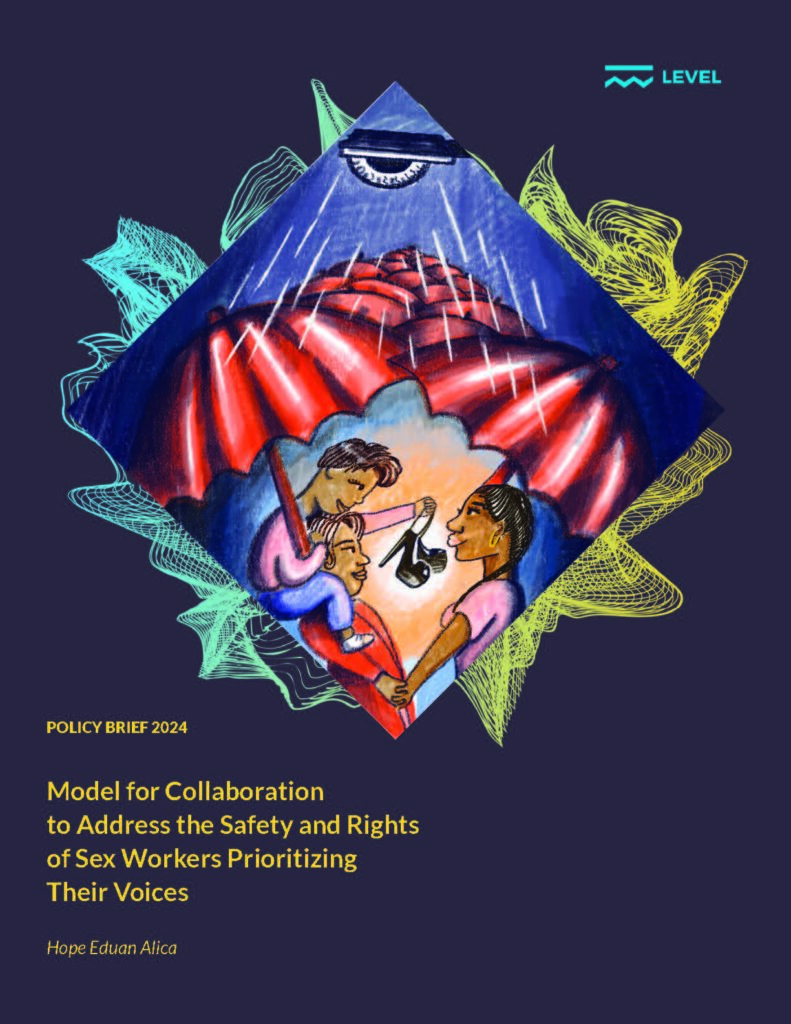Sex Work is one of the oldest occupations in the world. In Canada, discourse on constitutional rights and the legal standing of Sex Work came to the forefront in December, 2013.
This occurred when the Supreme Court of Canada made its ruling on the case of Canada v. Bedford, where the court struck down the criminal code provisions that restricted sex workers in three ways. These unconstitutional sections involved:
- Prohibiting sex workers from communicating with clients in public,
- Working from fixed locations and,
- Prohibited others from receiving sex
workers’ earnings.
To this day, sex workers in Canada are still fighting for their labour to be recognized. They are also fighting for the rights associated with the recognition that this labour should be supported nationwide. When the Supreme Court struck down the three sections that were unconstitutional, and not in line with the Charter of Freedom Rights for sex workers, most organizations supporting the decriminalization of Sex Work hoped the next step would be decriminalization. Organizations that were of this view included Amnesty International and Pivot Legal Society, among others.
Unfortunately, striking these unconstitutional sections paved the way for the creation of the Protection of Communities and Exploited Persons Act (PCEPA), which, according to Pivot Legal Society, “…replicates the pre-Bedford conditions by stripping sex workers of the opportunity to create supportive work environments where they can expect fair labour practices [141].” This policy brief provides context on what has transpired in Canada and in other countries with similar systems and recommendations for the future. The challenges for sex workers persist, and this is why it is important to establish policies to establish a background for safe Sex Work.
Watch Hope’s policy presentation:


